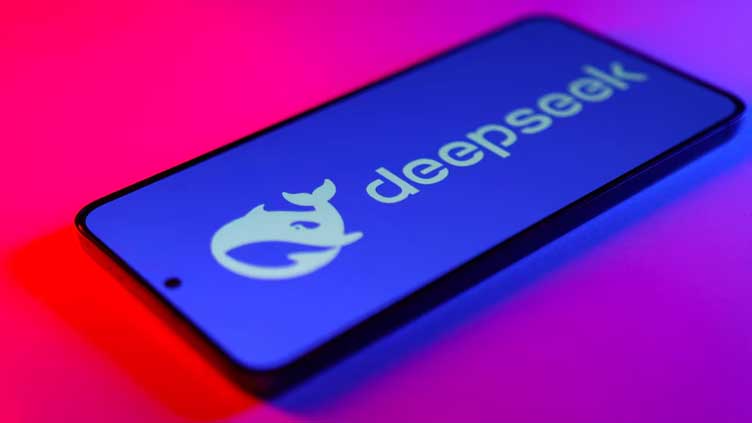DeepSeek to share some AI model code, doubling down on open source

Technology
DeepSeek to share some AI model code, doubling down on open source
BEIJING (Reuters) - Chinese startup DeepSeek will make its models' code publicly available, it said on Friday, doubling down on its commitment to open-source artificial intelligence.
The company said in a post on social media platform X that it will open source 5 code repositories next week, describing the move as "small but sincere progress" that it will share "with full transparency."
"These humble building blocks in our online service have been documented, deployed and battle-tested in production." the post said.
DeepSeek rattled the global AI industry last month when it released its open-source R1 reasoning model, which rivaled Western systems in performance while being developed at a lower cost.
The company's commitment to open-source has distinguished it from most AI firms in China, which like their U.S. rivals lean towards closed-sourced models. DeepSeek's low-key founder Liang Wenfeng said in a rare interview with a Chinese media outlet last July that the firm did not prioritize commercializing its AI models and that there was soft power to be gained from open source.
"Having others follow your innovation gives a great sense of accomplishment," Liang said in July.
"In fact, open source is more of a cultural behavior than a commercial one, and contributing to it earns us respect" he added.
The newly released open-source code will provide infrastructure to support the AI models that DeepSeek has already publicly shared, building on top of those existing open-source model frameworks.
The announcement came after DeepSeek on Tuesday released a new algorithm called Native Sparse Attention (NSA), designed to make long-context training and inference more efficient.
DeepSeek's user base exploded since last month. In China, it is the most popular chatbot service with 22.2 million daily active users as of January 11, surpassing Douban's 16.95 million users, according to Aicpb.com, a Chinese website that tracks AI products.


